Jason Goodwin: 'It would seem that dirt isn’t merely survivable: it’s indispensable.'
Our Spectator columnist lampoons the modern practice of filtering the dirt and germs out of our day-to-day lives, cautioning against the consequences this may have on our immune systems.
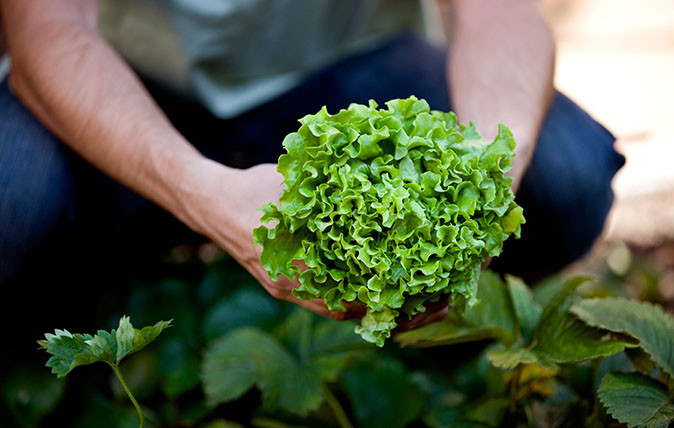
Exquisite houses, the beauty of Nature, and how to get the most from your life, straight to your inbox.
You are now subscribed
Your newsletter sign-up was successful
We once received a visit from an elegant American lady, the mother of a friend, who was born rich in oil and railroad money. We put together a lunch, for she had come without warning, and, at some point, the conversation touched on the salad I had just picked.
‘You grew this?’ the elegant lady asked, declining a skinny finger towards the leaves on her plate. I nodded proudly. ‘You picked it right here? From the dirt?’ ‘Well, yes, from the earth,’ I said.
She raised an eyebrow, but was far too well bred to say anything. She merely folded her knife and fork quietly over the leaves on her plate and began to talk brightly of something else.
'Howard Hughes had his small change washed and never shook hands.'
Most fads cascade down the social ladder. In early Victorian times, it was considered grand to drop your aitches and only aristocrats said ‘Pardon?’. As soon as everyone started talking like that, the toffs moved on. Likewise, germophobia began as the preserve of the very rich, like Howard Hughes, who had his small change washed and never shook hands. He was regarded as eccentric. Nowadays, his attitude is commonplace.
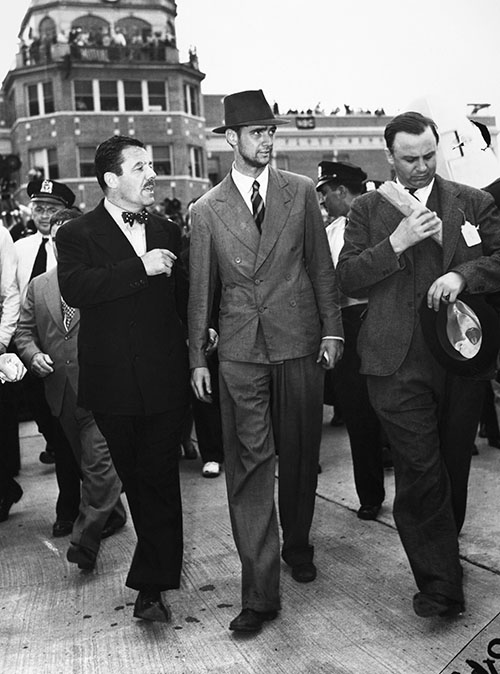
The fluid that kills all known germs dead has spawned a supermarket-shelf load of scented wipes and dog-mess bags. People are wary of dirt and grime. They’re increasingly repelled by ordinary contact, too. In the next aisle, you can buy chickens to roast, sealed into oven-ready plastic bags so that you never have to touch their skin and our new disdain for offal, for liver and kidneys, let alone lights and lungs, follows the Americans, who almost never consider eating what they call ‘organ meat’.
A well-known chef was even ticked off the other day for the sin of ‘double-dipping’ on television, which meant putting the spoon back in the pot after she’d used it to taste the soup.
'You can no longer get a breath of what our mothers used to call "fresh air".'
Now that manufacturing is so precise, even people are getting sealed up like supermarket chickens. The air in railway carriages and office blocks is strained, windows and doors built flush so that you can no longer get a breath of what our mothers used to call ‘fresh air’. Cars even have a button that promises to let the interior air recirculate until, presumably, everyone passes out from lack of oxygen.
Exquisite houses, the beauty of Nature, and how to get the most from your life, straight to your inbox.
Shopping takes place in sanitised malls, protected from the street, and, in some places, the street has begun to ape the mall, pedestrianised and perhaps roofed. The things we buy are bubblewrapped and plastic-coated. Packaging has never been done so well or looked so smart. Our gizmos come in boxes that are better looking than the gizmos.
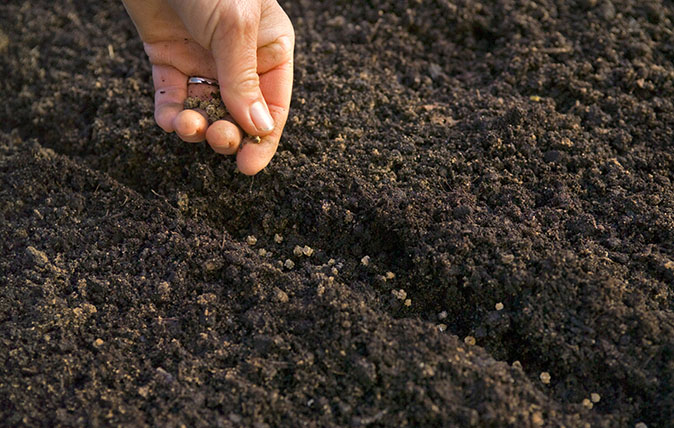
However, we evolved, as mammals, in deep-litter filth. There are more living organisms in a teaspoon of soil than there are people on the planet and we only got this far because we made friends with them. We used those organisms – the germs and worms – to bolster our immune systems. It would seem that dirt isn’t merely survivable: it’s indispensable.
Tired of digging over the vegetable garden, I retreated to sit by the fire and found myself absorbed by a small volume of rural memoirs.
Cecil Walter Creed, of the Marshwood Vale, remembered how Dorset farmers’ wives used the skimmed milk left over from churning butter to make Blue Vinney cheese. ‘It was called locally “Hoppery cheese”,’ Mr Creed writes, ‘as when the cheese fly got in it and the maggots developed they would hop.’ That’s how the locals liked it, too.
As for the blue, that was put down to the presence of old leather horse harness at the maturing stage. Mr Creed, I’ve discovered, lived to be 93. Should an oil heiress come to lunch, I have the cheese course covered.
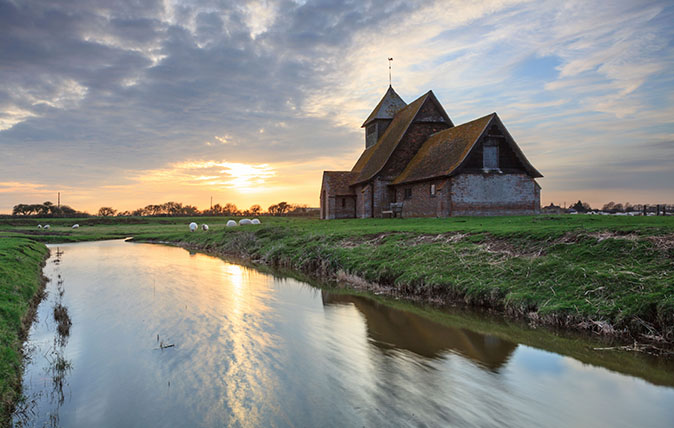
Jason Goodwin: 'On our watch, the natural glories of our island have been atrociously depleted'
Our columnist Jason Goodwin laments the staggering decline of British wildlife and the depletion of our island's natural glories.
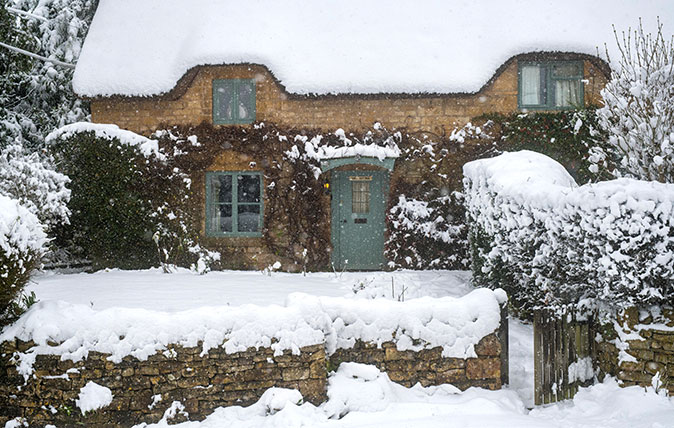
Credit: Tim Gainey / Alamy Stock Photo
Jason Goodwin: ‘The only sounds were the yawning of dogs, the spitting of logs in the fireplace and the occasional papery gulp of somebody turning a page’
Snowed in and without power, Jason Goodwin was left to live a medieval lifestyle that was rejuvenating and romantic... but
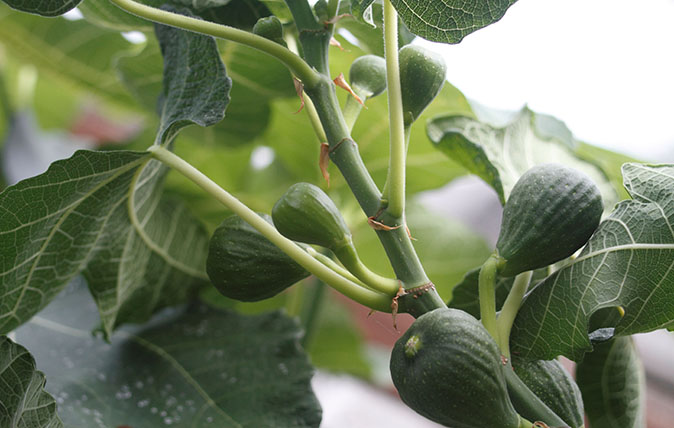
Jason Goodwin: 'I think about it when I’m on the stepladder, reaching out dangerously far to tweak a ripe fig'
Jason Goodwin tells our readers why he's now decided to give a fig about the ancient fruit that's been growing
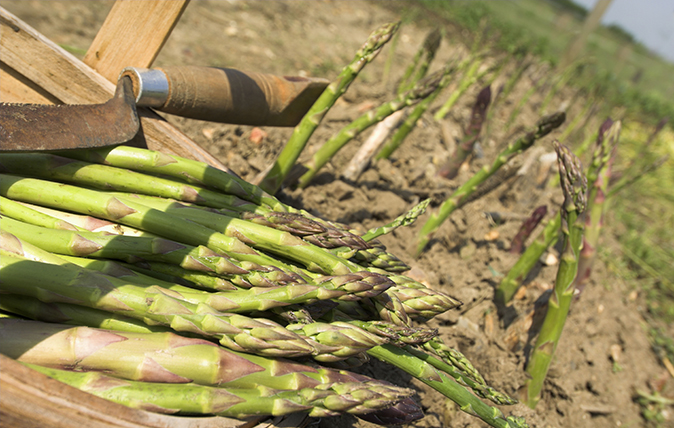
Jason Goodwin: ‘After a year, absolutely nothing had happened – not a shoot, not one feathery frond’
Our Spectator columunist keeps the faith in his asparagus bed.
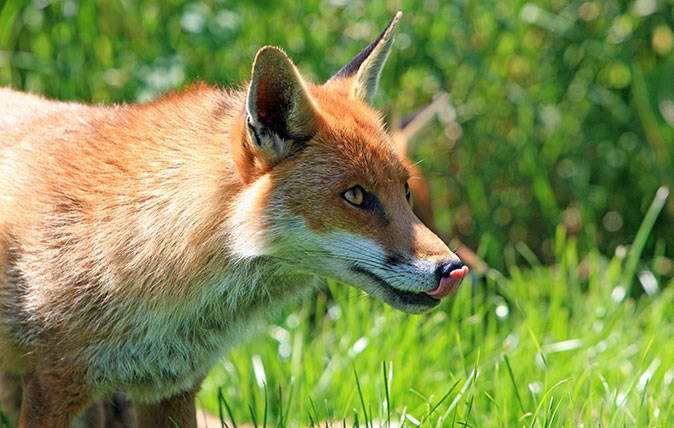
Credit: Fox licking his lips. Picture: pixabay.com via pexels.com
Jason Goodwin: The foxes are unashamedly cocky – but the badgers are even worse
Our columnist takes a look at the new breed of foxes invading the countryside, and the havoc both they and